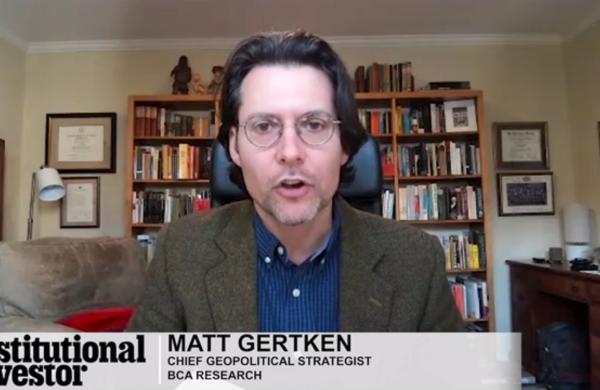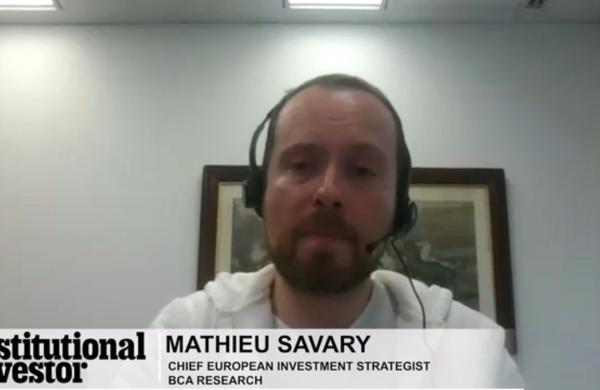Incestuous deal-making among private equity firms is taking off again.
In the first quarter of 2010, 22 of the 60 deals involving private equity firms were characterized as secondary exit deals, whereby a company held by one private equity firm was sold to another PE firm, according to Pitchbook.
This is the largest quarterly total since the fourth quarter of 2008. In 2009, there were 30 secondary exit deals.
This practice was especially popular during the go-go years of the mid-2000s when the global M&A market was exuberant. For example, there were 180 secondary deals alone in 2007 and 152 in 2006.
“Private equity firms are back buying and are comfortable with other private equity firms’ companies,” says Adley Bowden, managing editor at Pitchbook, a private equity-focused research firm.
Secondary exit deals provide liquidity for PE firms, given that the IPO market is just starting to warm up after being all but frozen for more than a year. Altogether in the first quarter, there were only eight IPOs of companies held by private equity firms. The 32 corporate deals remained steady from previous quarters.
Typically when a secondary exit deal takes place, money changes hands, of course, but nothing really changes at the actually company being swapped. “Valuations get ratcheted up,” Bowden adds.
Earlier this year, The Riverside Co. sold ATI Career Training Center to BC Partners while J.F. Lehman & Co. sold OAO Technology Solutions to Platinum Equity.
In an interesting transaction that took place last week, Triumph Group, which designs, engineers, manufactures, repairs and overhauls aircraft components and accessories, agreed to buy Vought Aircraft Industries, which makes aerostructures for commercial, military and business jet aircraft, from private equity firm The Carlyle Group for cash and stock consideration of $1.44 billion, including the retirement of Vought debt.
Under the deal, Carlyle is not exiting the picture. It will own about 31 percent of the outstanding stock of Triumph.
Stephen Taub, who has covered the hedge fund industry for 30 years, is a contributing editor to Institutional Investor and Absolute Return-Alpha magazines and former editor of Financial World magazine.







